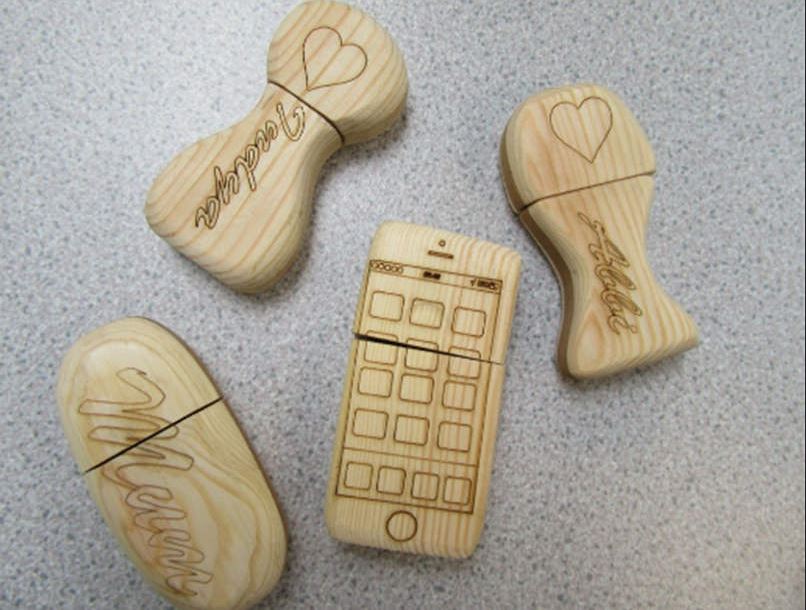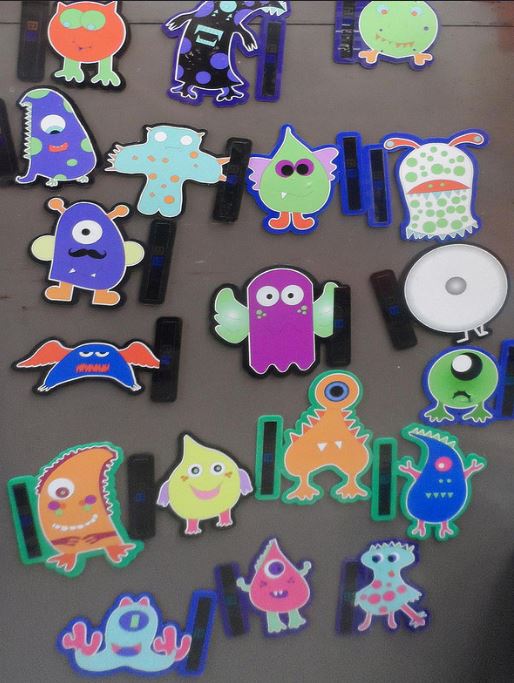More in this Section
Y7 DT

Head of Department
Miss Bentham
Organisation of the subject:
In Design and Technology students have a double lesson each week throughout the year. They will work on rotation between two main areas (D&T and Food & Nutrition).
Key Concepts (The big ideas underpinning the subject)
- Learn the common applications of materials and their properties.
- To use the iterative design process to carry out research, ideas, development, modelling, manufacturing testing and evaluation.
- Learn to work correctly and safely with a range of tools and equipment.
- Learn a range of electronic and mechanical principles used in everyday applications.
What will your child be learning?
- To understand and use smart materials to design and make a Smart Materials Thermometer.
- Learn how to use Computer Aided Design, a Laser cutter and plotter cutter to manufacture a Smart Materials Thermometer
- To understand ergonomic principles when designing and making a wooden USB pen drive case.
- To select and use specialist tools, techniques, processes, equipment and machinery precisely, including computer-aided manufacture to help design and make an aluminium clock and USB pen drive case.
- To learn basic programming to control a Lego Mindstorms robot.
- To communicate design ideas using annotated sketches, detailed plans, 3-D and mathematical modelling, oral and digital presentations and computer-based tools.
Key 'Learning Capacities' in this subject
- Learn to identify and use a range of appropriate practical processes and techniques including Computer Aided Design software and Computer Numerically Controlled machinery.
- Learn to problem solve, quality check and persevere with difficult tasks.
- Learn to think creatively and develop ideas into working concepts.
- Learn the practical application of principles learnt in Maths and Science.
How will your child be learning?
- Practical manufacturing tasks.
- Investigation, development and modelling.
- Practical demonstrations and video tutorials to help them learn at their own pace.
- Working in groups, pairs and as individuals to develop concepts and present their ideas.
How will learning be assessed?
- Year 7 will complete a DT Baseline assessment to allow for accurate target setting. We will take design ability and practical skills into account.
- Formative written assessment of classwork and homework.
- Ongoing verbal and written assessment of practical tasks against set criteria.
What can you do to support your child?
- Support with homework, especially research tasks.
- Discuss learning and practical work with your child to help reinforce tool names and processes.
- Encourage learning through making mistakes and persevering to solve the problems they encounter.
Equipment needed for this subject
- Pens, pencils, ruler, rubber, pencil sharpener, coloured pencils.
- Workshop cotton apron
Extra-Curricular/Enrichment Opportunities
- Engineering Club
- Big Bang Fair and other STEM visits and competitions throughout the year


